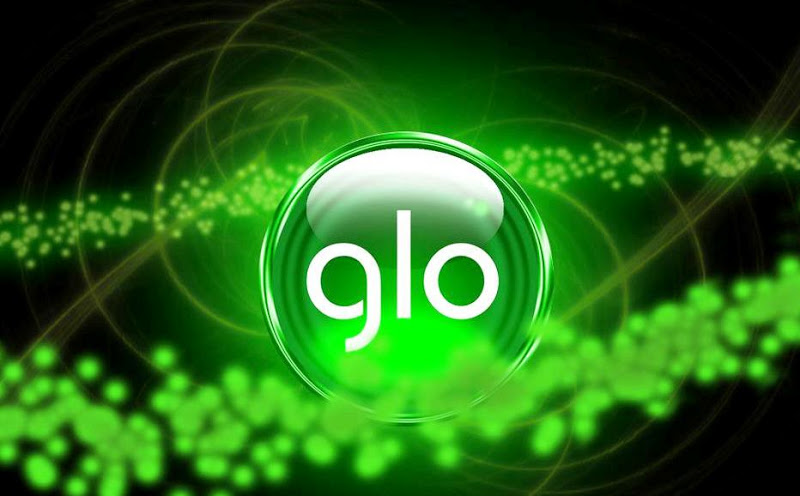- Glo Offers 800% Recharge value on E-Top-Up
Subscribers to Globacom, will henceforth enjoy 800% value when they recharge their lines electronically.
This was disclosed at a press conference held by the company in Lagos on to launch two products; Sharp Sharp E-Top-Up and Glo Café, which it said were designed to give subscribers more exciting experience on its network. The two products offer considerably higher value in data and airtime.
Mr. Sola Mogaji, Globacom’s Senior Manager, Events and Sponsorships, said that Sharp Sharp E-Top-Up gives subscribers eight times the value of their recharges when they top up their credit on electronic recharge channels such as Glo Café, Automated Teller Machines and Point Of Sale terminals.
He further explained that when a subscriber recharges via E-top up with specific amounts, he or she will be credited with 8 times the value recharged. For instance, if the subscriber recharges with N201, he or she will get over N1, 601 made up of N201 in his or her main account, N100 bonus airtime for calls to all networks and N900 bonus airtime to call other Glo subscribers. In addition, customers will receive 50MB data bonus for personal use and extra 25MB data, which could be gifted to another Glo customer.
On the benefits of recharging via E-top up, he explained, that it was convenient, fast and secure. For example, customers can recharge at any time and from anywhere in the world.
They can avoid cash transactions and hassles of change as any amount can be purchased via E-top up. Another benefit is that Glo customers can now buy data subscriptions directly using E-top up.
“This offer is exclusively available to all new and existing prepaid customers, who recharge their lines through electronic recharge channels like Glo Café App, online through Gloworld.com, Quickteller, Automated Teller Machines, Gloworld outlets, authorised Glo dealer outlets, *805# Glo easy recharge solution, various banking mobile apps and POS terminals in select mega retail stores”, Mogaji stated.
Glo Café, the second product unveiled at the press conference, is a one-stop telecommunication solution offering world class games from Gameloft; thousands of movies and video content, over two million songs including 10,000 music videos, jokes, sports, entertainment and e-commerce. Mogaji said the app is designed to provide the fastest and easiest way to recharge and subscribe to the network’s products and services.
The biggest attraction added to the Glo café is Glo Live Cast, where Globacom is reputed as the first operator in Nigeria to launch Mobile TV (Glo live cast). With this, live TV channels (such as NTA, AIT, WAP TV, etc.) with HD quality streaming can be viewed on Glo mobile phones.
Mogaji disclosed that this was one of the greatest applications ever launched in the Nigerian market which key highlights include real-time voice and data balance enquiry; freedom to recharge and view recharge history with option to migrate to a tariff plan of choice; option to buy and share data bundles as well as purchase of voice bundles; access to all transaction details related to post-paid accounts including bill amount due, last bill payments, etc., easier access to call centre through live chat with agents without waiting in queues”.


 Forex2 weeks ago
Forex2 weeks ago


 Naira1 week ago
Naira1 week ago
 Naira4 weeks ago
Naira4 weeks ago
 Company News4 weeks ago
Company News4 weeks ago
 Billionaire Watch1 week ago
Billionaire Watch1 week ago




 Naira2 weeks ago
Naira2 weeks ago




 Naira1 week ago
Naira1 week ago




 Naira3 weeks ago
Naira3 weeks ago





















